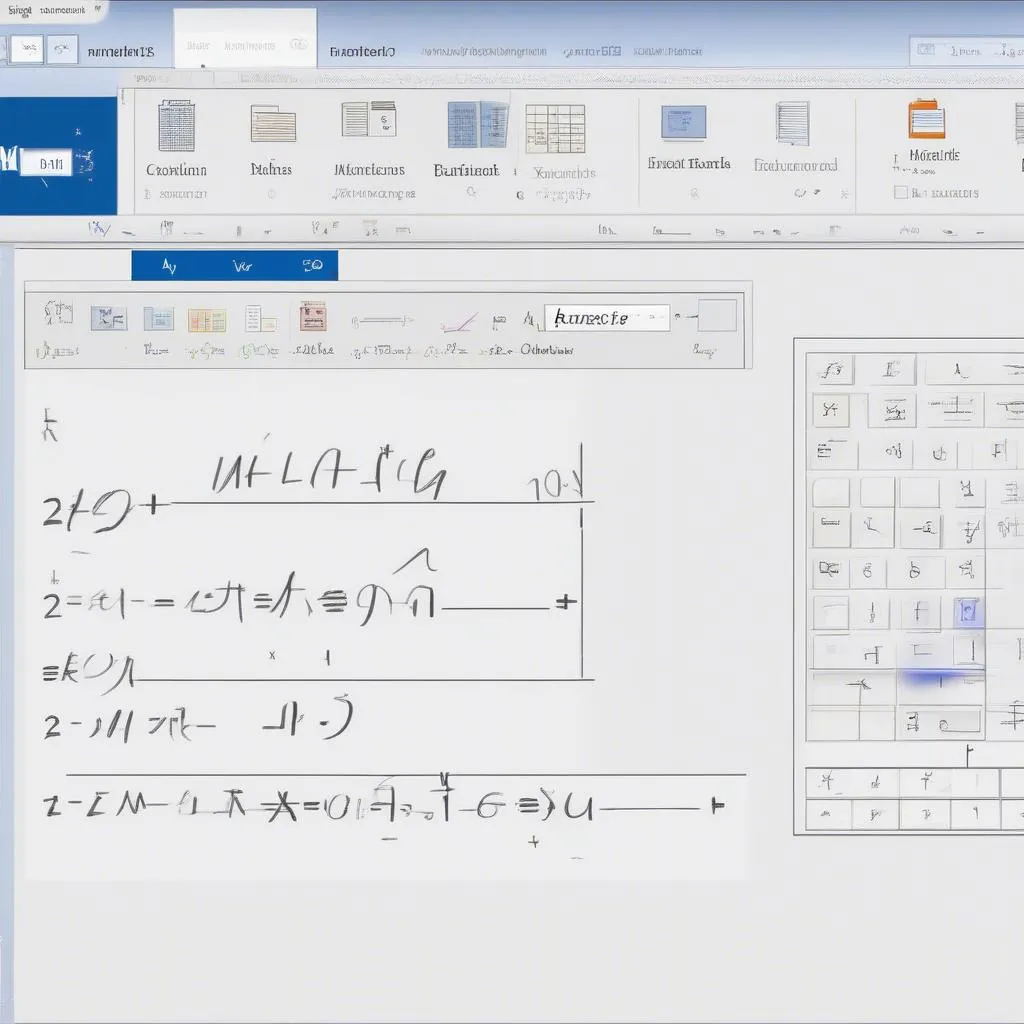“Practice makes perfect,” as the saying goes! But where does “practice” begin? Especially when you’re a “newbie” in the scientific field, writing a scientific conference report can feel like running a marathon. Don’t worry, this article will help you transform from a “beginner” to an “expert” in scientific writing!
“Diagnosing the Issue” – Understanding Requirements
You know, each scientific conference has its own requirements for the format and content of reports. So, the first and most crucial step is to “diagnose the issue” – carefully study the organizing committee’s guidelines.
Pay attention to these points:
- Conference theme: Your report must be “on target” with the theme, avoiding being “out of tune” like “playing music to a buffalo.”
- Target audience: Write in an easy-to-understand way, avoiding excessive jargon that could make readers’ “brains twist.”
- Maximum length: “Concise and to the point” is always key; don’t turn your report into a “long series novel.”
- Presentation format: Font, margins, citation style… all need to be strictly followed.
“Preparing the Outfit” for the Report – Standard Structure
A scientific report is like an essay, needing a clear and logical structure. Here’s a general “formula” for a “perfect” report:
1. Title: The “Seed” that Attracts Attention
The title is the first element that “hits the eye” of the reader. It needs to be short, concise, yet “intriguing” and summarize the main content of the report.
2. Abstract: “News Flash” in 30 Seconds
The abstract is like a brief “news flash,” helping readers grasp the main content of the report in just 30 seconds. Clearly present the research objectives, methods, results, and conclusions.
Person quickly reading a concise summary of a scientific report
3. Introduction: The “Opening Act” for a Scientific “Feast”
The introduction is like the “opening act” for your scientific “feast.” Present the background, reasons for choosing the topic, and the significance of the research.
4. Research Methods: Your “Secret Recipe”
In this section, you need to reveal your “secret recipe” for achieving the research results. Clearly present the methods, tools, data, and implementation process.
5. Results: The “Sweet Fruit” After Efforts
The “sweet fruit” after your efforts is the research results. Present them clearly, concisely, and understandably, using charts and images for easy visualization.
6. Discussion: The “Stage” for Sharp Analysis
This is when you showcase your ability to analyze, compare, evaluate, and interpret your research results.
7. Conclusion: “Closing” and Opening New Directions
The conclusion is the “final word” for your scientific “feast.” Summarize the main points, reaffirm the results, and suggest directions for future research.
8. References: The “Origin” of the Scientific “Dish”
This section helps you avoid plagiarism and shows respect for previous research. List all materials used in the report completely and accurately.
“Spices” to Make the Report More Engaging
To prevent your scientific report from being “dry” and “hard to swallow” as many people think, you can “season” it with some “spices” like:
- Concise, easy-to-understand language: Write as if you’re chatting with friends, avoiding overly “high-level” words.
- Illustrative images and charts: “Seeing is believing,” images and charts will help readers easily visualize and remember information.
Example of charts and graphs enhancing a scientific report
“Practice Kung Fu” Before “Making a Move”
“Practice makes perfect!” Before submitting your report, “practice kung fu” by:
- Thoroughly checking: Ensure the report is free of spelling, grammar, or citation errors.
- Asking others to read and give feedback: A “fresh pair of eyes” will help you spot things you’ve missed.
Final Words
Writing a scientific conference report is not a “joke,” but it’s also not an “impossible mission.” As long as you master the “secrets” above, you’ll surely confidently “make a move” and impress the judges.
Contact us via phone at 0372888889 or visit us at 335 Nguyen Trai, Thanh Xuan, Hanoi for more advice on how to write effective scientific reports. We are always ready to support you 24/7!
